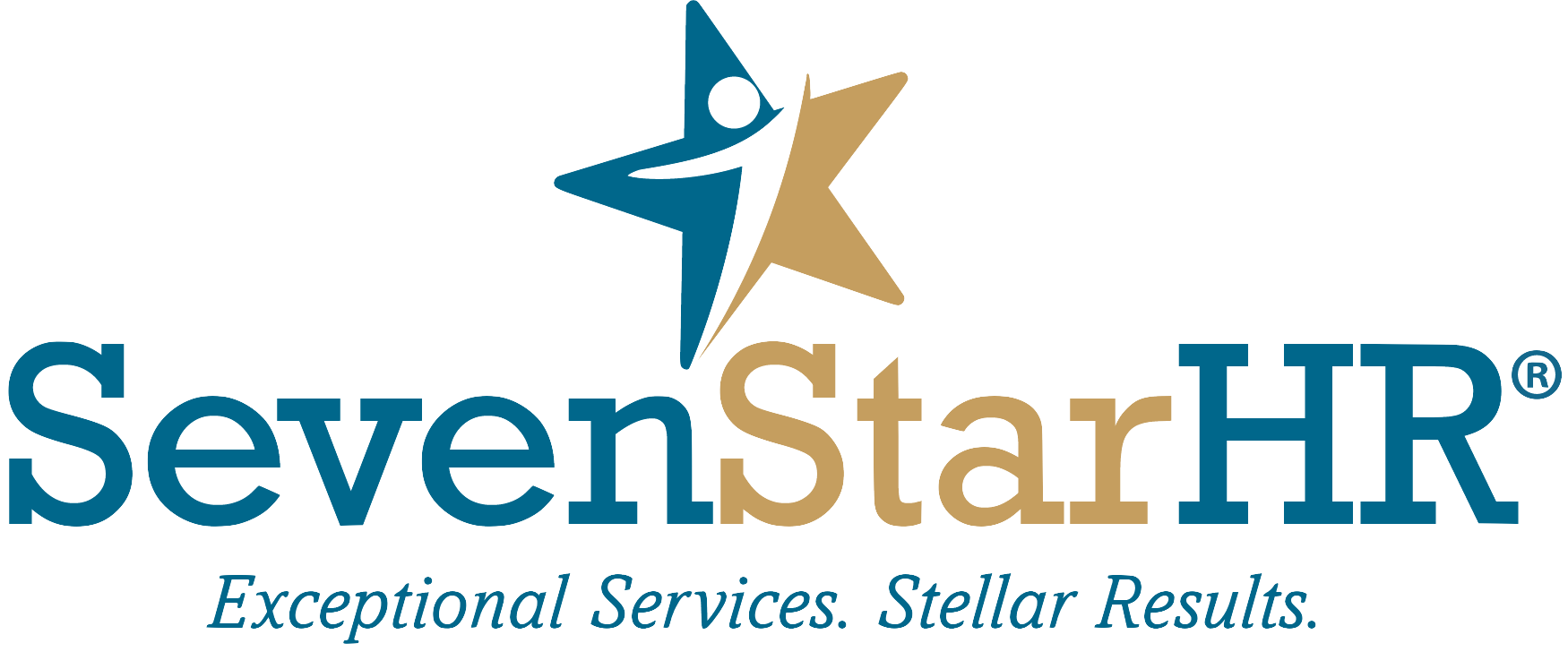Does Your Business Have a Generative AI Policy?
Picture this: you’ve got a powerful new tool at your disposal, one that can transform how your company handles everything from hiring to employee engagement. But there’s one problem—you’re not quite sure how to control it. That’s what it’s like for many organizations adopting generative AI without a clear policy in place. As these tools become more common in HR, the opportunities are enormous, but so are the risks. Yet, surprisingly, fewer than half of companies have a policy guiding their AI use. It’s time to fix that.
1. AI is Already Revolutionizing HR—Don’t Get Left Behind
Generative AI is no longer just the shiny new toy for tech companies. It’s becoming a staple in HR processes like recruitment, candidate sourcing, and even employee training. In fact, over 65% of companies are already using AI in some form for HR functions. From writing job descriptions to scanning resumes, AI is doing the heavy lifting.
But here’s the catch: without a formal policy in place, you’re opening the door to potential legal issues. Risk is particularly concerning in HR, where privacy and employment laws are at the forefront. Companies that don’t have guidelines are more vulnerable to lawsuits, discrimination claims, or even regulatory fines.
Tip: Start by evaluating where you’re using AI in HR. Make a list and assess how it’s being used and by whom. This will help shape your policy and give you a better understanding of the risks involved.
2. The Compliance Storm is Coming—Are You Prepared?
One thing is clear: AI regulation is here to stay. Across the globe, from the EU’s AI Act to U.S. state-specific laws in places like New York and California, the regulatory landscape is becoming more complex. Employers can no longer afford to be reactive. For example, a whopping 85% of C-suite leaders expressed concerns about potential litigation tied to AI in HR, according to The Littler 2024 AI Survey. That’s not a small number.
If your organization is using AI to assist in hiring or other HR tasks, you could be at risk for non-compliance with emerging laws—especially when it comes to discrimination or privacy breaches. Imagine the legal headaches from an automated hiring process accused of bias. Not having a clear, enforceable AI policy puts you on shaky ground.
Tip: Check your policy aligns with current and future regulations. It’s better to be proactive than to deal with costly fines and reputational damage.
3. AI Policies: Not Just Guidelines—They Need Teeth
While having a generative AI policy is a start, it’s not enough if it’s just a set of loose guidelines. The Littler 2024 AI Survey found that nearly 75% of companies with an AI policy actually require employees to adhere to it, rather than just offering suggestions. That’s great news. But what about the rest? Policies that lack clear enforcement mechanisms—like access controls or employee reporting—may do more harm than good.
It’s not just about creating the policy; it’s about making sure everyone follows it. Without accountability, even the best policy becomes a paper tiger.
Tip: Ensure your policy includes specific measures for tracking and enforcing compliance. Set expectations with your team, and follow through with monitoring tools to make sure the policy isn’t just sitting on the shelf.
4. Training and Education: The Missing Piece
One of the biggest gaps identified in the recent AI surveys is the lack of training around AI use in HR. Only 46% of employers are offering programs to educate their staff on AI literacy, data privacy, and ethical use. The problem? Without proper training, even the best AI systems can become a liability.
Imagine an HR team using generative AI to analyze resumes without understanding the potential for bias. The result could be disastrous—leading to unfair hiring practices and potential lawsuits. Companies need to prioritize AI education to ensure their teams not only know how to use these tools but use them ethically.
Tip: Invest in AI literacy programs for your HR team. This will ensure they understand the tools they’re using and are aware of the legal and ethical implications.
5. Transform Your HR with AI—But Stay Smart About It
AI is a game-changer for HR. Whether it’s automating repetitive tasks, improving recruitment processes, or providing data-driven insights, the potential benefits are huge. But remember, with great power comes great responsibility. AI tools can amplify biases, invade privacy, or even lead to regulatory non-compliance if not handled correctly.
Tip: Review and update your AI policies regularly. AI evolves quickly, and your policy should too.
Act Now or Risk Falling Behind
Generative AI is transforming HR departments across the globe. But without clear policies in place, you’re putting your company at risk for legal, ethical, and operational challenges. Don’t wait for a crisis to act. Be proactive: create a robust, enforceable AI policy, invest in employee training, and ensure your C-suite is aligned on AI use. The future of HR is here, and the companies that embrace AI responsibly will be the ones leading the charge.

